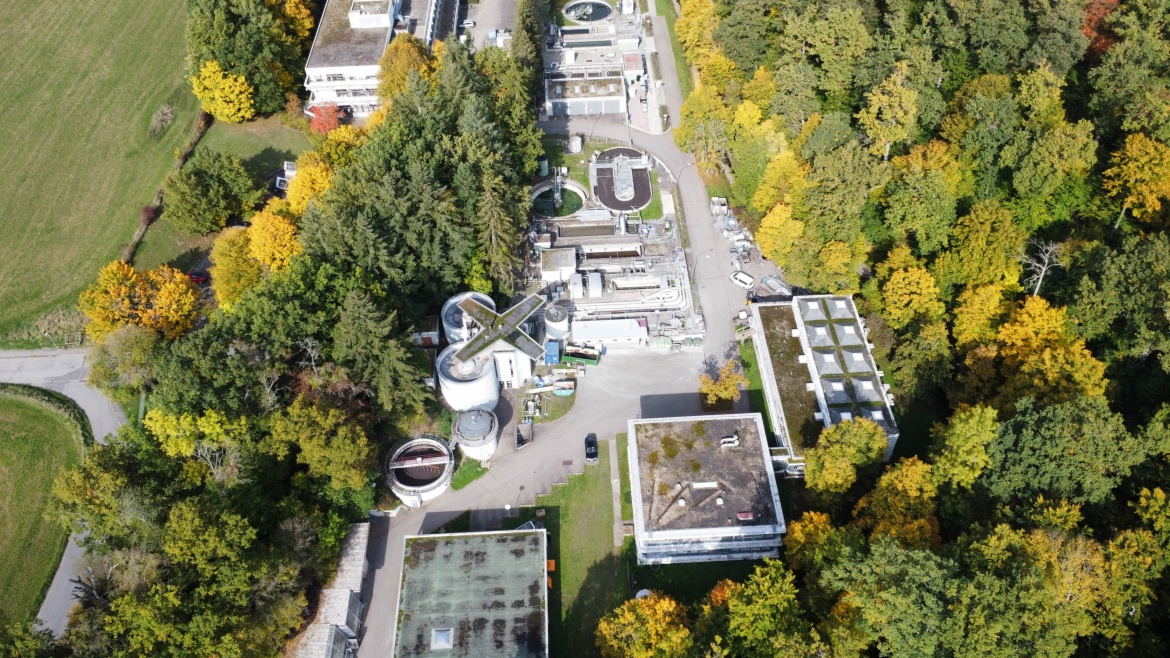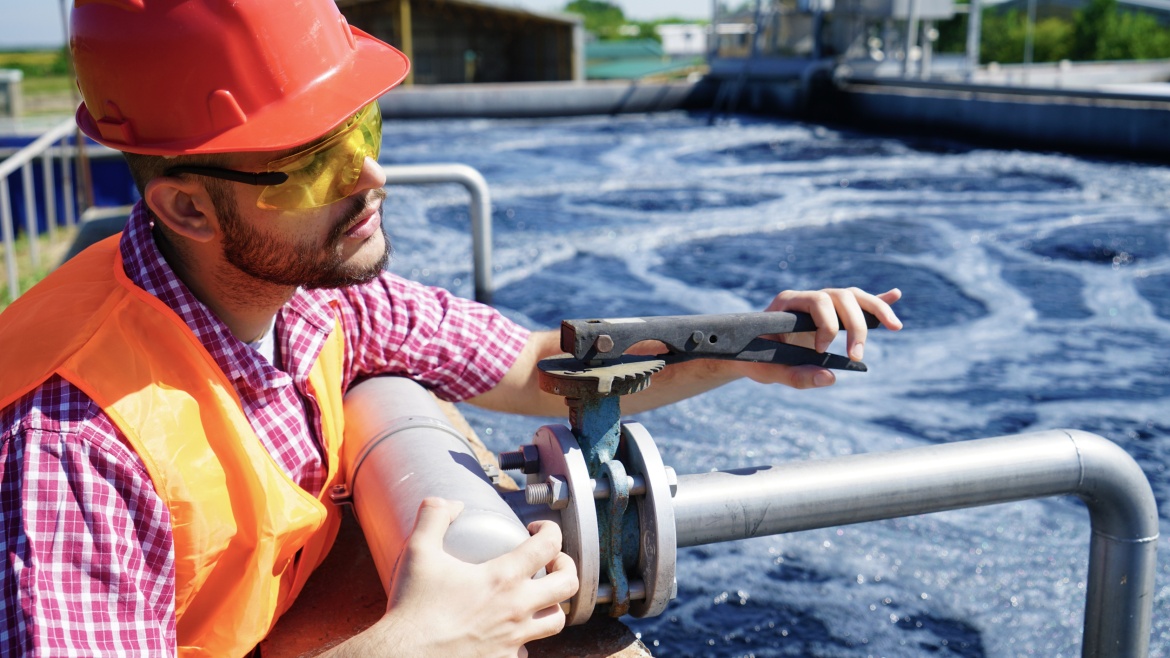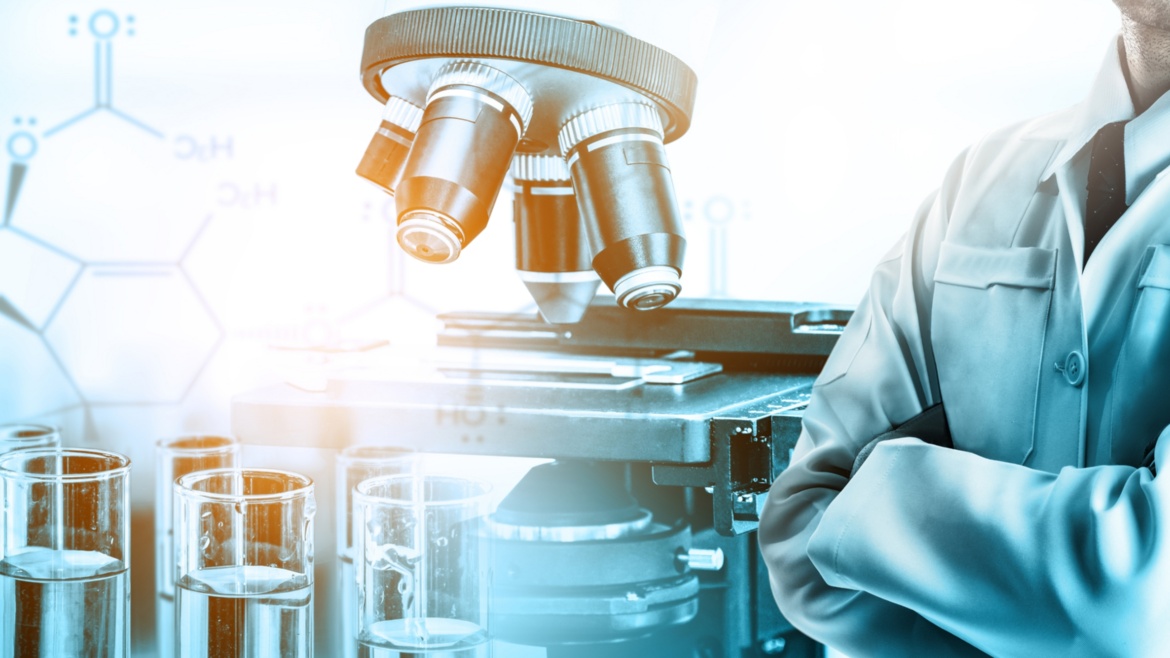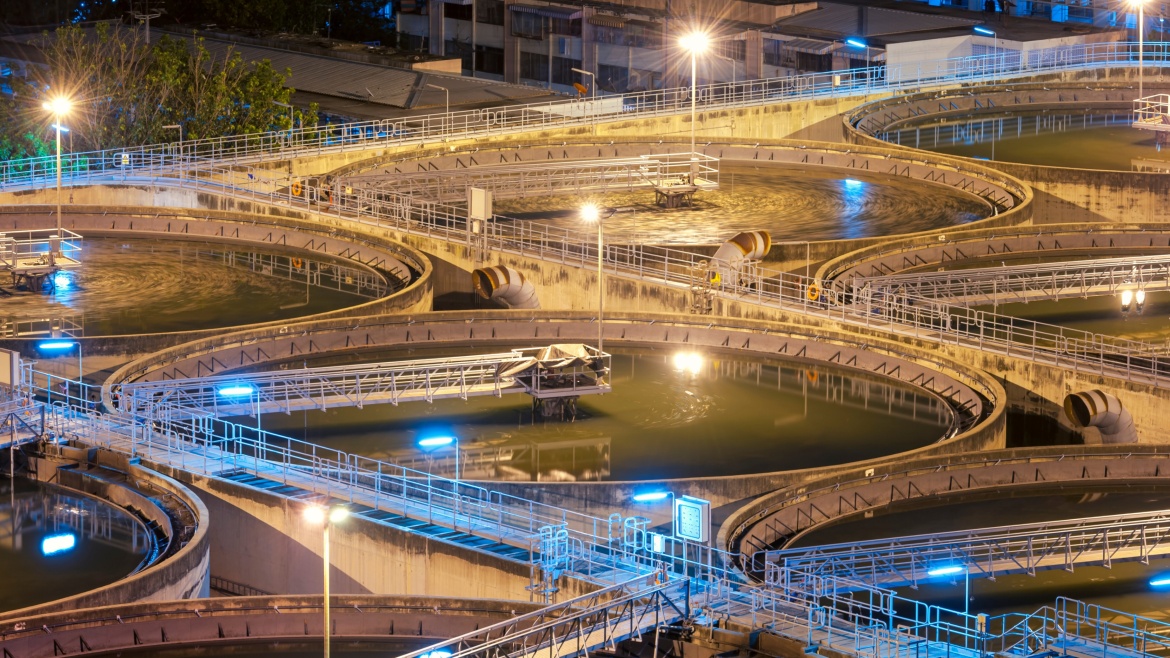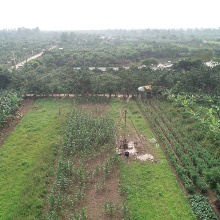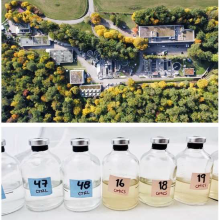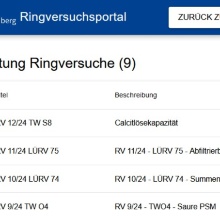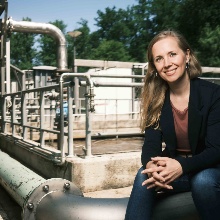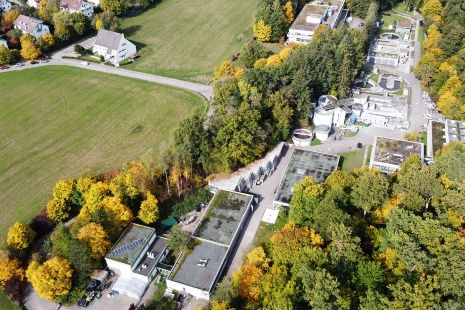Realign, Transform, Thrive!
We are exploring new innovative approaches to address our future societal challenges. The simultaneous retirement of all current ISWA professors presents a unique opportunity to realign ISWA. It is important for us to set new accents. Of particular significance for this transformation is the alignment of content along new future-oriented visions. After the transformation process, ISWA will consist of three departments that collaborate on interdisciplinary research. The concept of "The Future Development and Structure of ISWA" was developed through several workshops with renowned researchers. Thus, ISWA will consist of three departments in the future: "Multiscale Environmental Process Engineering," "Environmental Microbiology," and "Technical Environmental Chemistry and Sensor Technology." The concept also enjoys full support from the Faculty Council of Faculty 2, the Rectorate, and the University Council. Prof. Sara Kleindienst assumed her new role as the head of the "Environmental Microbiology" department on July 1, 2022. The process of appointing the other new professors is well underway, and we hope to announce further updates soon.
With the Teaching and Research Laboratory (LFL) and the Teaching and Research Treatment Plant (LFKW), the Institute possesses excellent central facilities. The LFL is an interdisciplinary unit of the Institute that handles internal and external analytical tasks and questions, as well as conducts student internships. The Institute's unique Teaching and Research Treatment Plant (LFKW), which is unparalleled in Europe, provides outstanding opportunities for applied research on a semi-technical and large-scale level. You can find a glimpse of it below.


